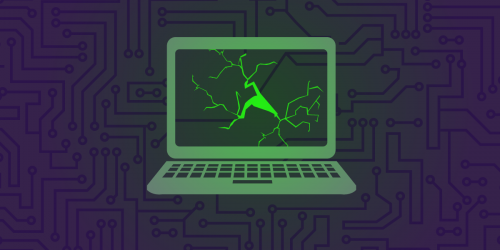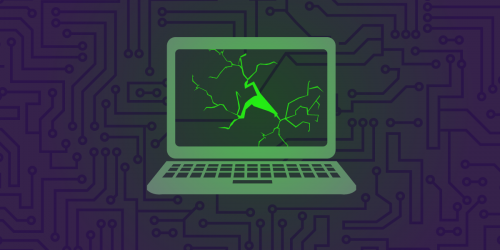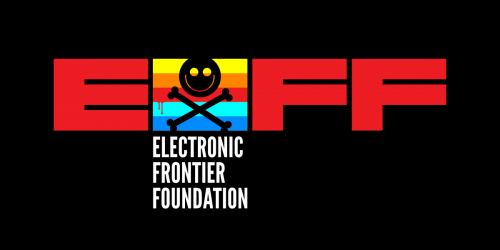Representative Zoe Lofgren has posted on Reddit a modified draft of Aaron's Law, a proposal to update the Computer Fraud and Abuse Act and wire fraud law in honor of our friend Aaron Swartz and to make sure that the misguided prosecution that happened to him doesn't happen to anyone else. We're very pleased with the proposal's progress and we're hopeful about the future of this important bill.
 EFF believes that any reform to the computer crime laws must have three crucial elements:
EFF believes that any reform to the computer crime laws must have three crucial elements:
- Computer users must not face criminal liability for violating private agreements, policies, or duties.
- If a computer user is allowed to access information, simply doing it in an innovative way must not be a crime.
- Penalties need to be proportionate to computer crime offenses.
This draft bill works toward achieving the first two elements.
The proposal meets our first goal by enshrining two recent decisions from federal appeals courts into the text of the CFAA. Those decisions said that running afoul of private computer-use policies and duties doesn't violate the statute. Aaron's Law would update the CFAA to exend that important precedent to the entire country, and that's great news.
Aaron's Law attempts to reach our second priniciple by ensuring that it's not illegal for users to sidestep technological measures aimed at identifying them and their computers in order to access information they're already allowed to see. Aaron's Law is a good start, and seeks to support users who take steps to protect their privacy and anonymity online. But we think there may be more work to do to ensure that the proposal fully protects security researchers, innovators, and others who might skirt technological limitations for socially beneficial, constructive reasons.
The updated draft doesn't yet reach our third goal. That means there's still work we all need to do to ensure that members of Congress understand that punishments should fit crimes. Sensible and measured penalties are important to ensure basic fairness, and also to keep prosecutorial discretion in check.
Our deep thanks to Representative Lofgren and Senator Wyden for their leadership on this issue. Thanks also to Senator Cornyn and Representatives Issa and Cummings for demanding answers about Aaron's prosecution. Representative Goodlatte has started the discussion about hearings and we hope that they happen and happen soon.
Other congressional offices are interested, too, but they need to hear from their constituents that the Internet stands behind them if they will stand up to reform the computer crime laws. Let your elected representatives know that you support CFAA reform.












